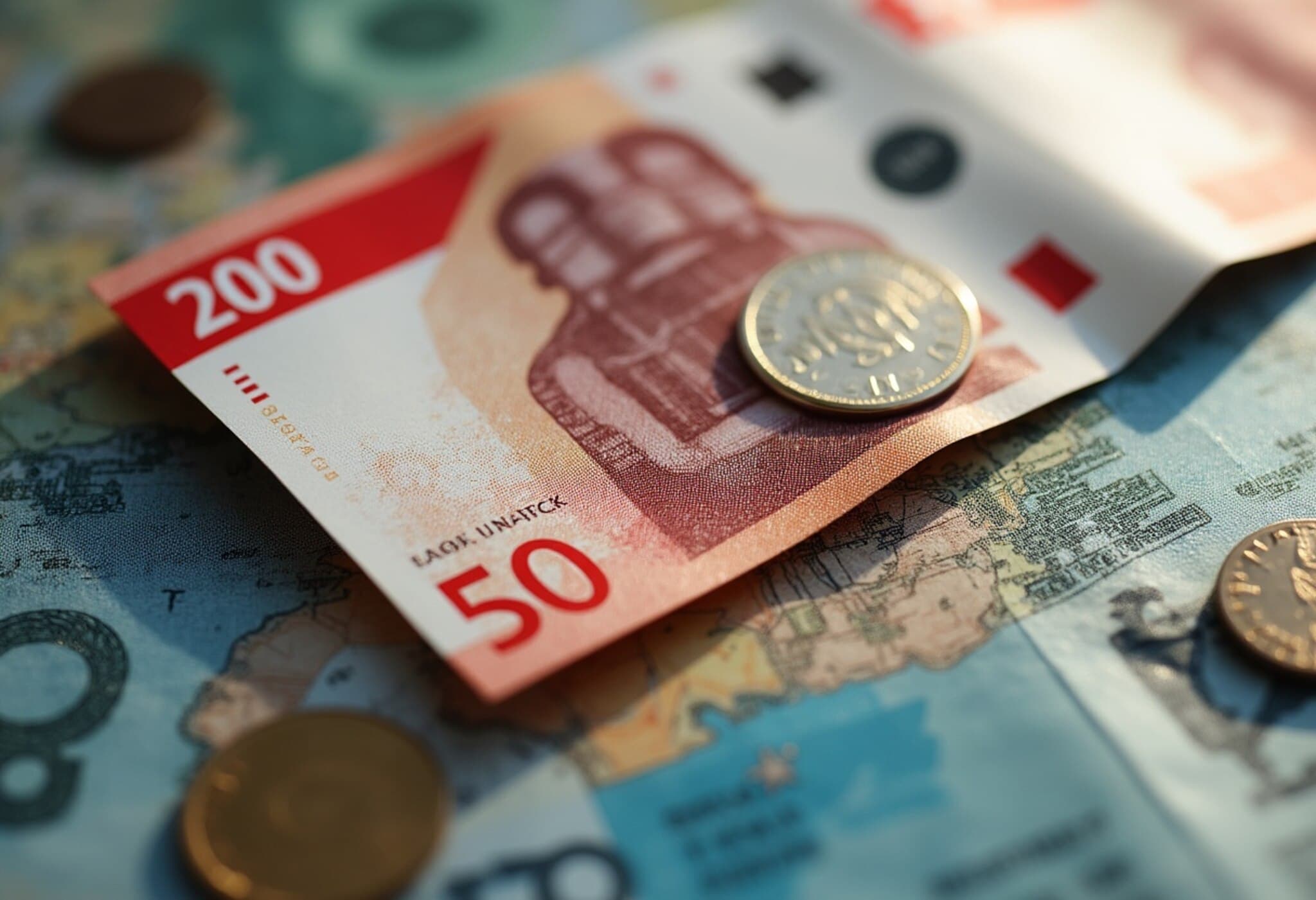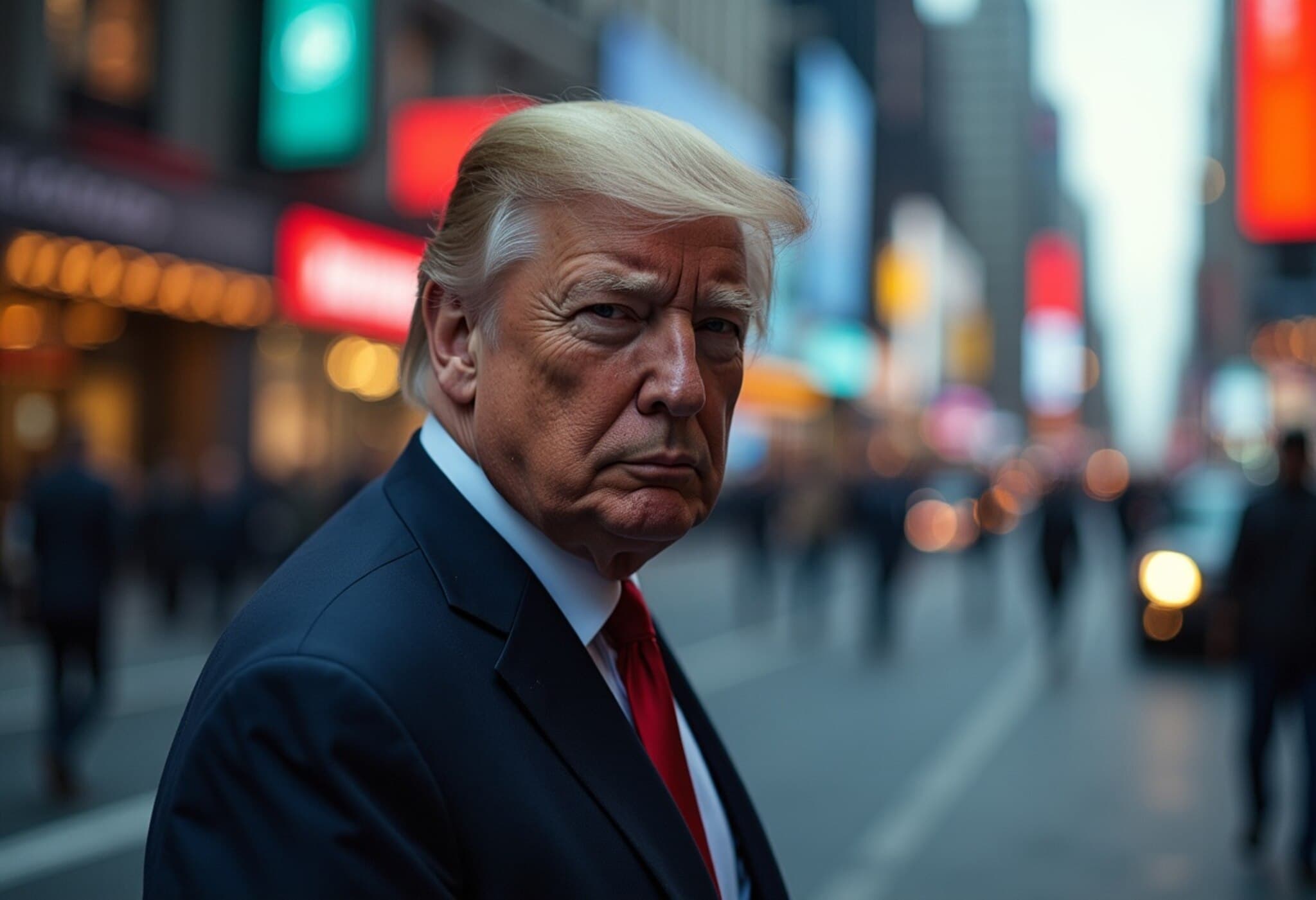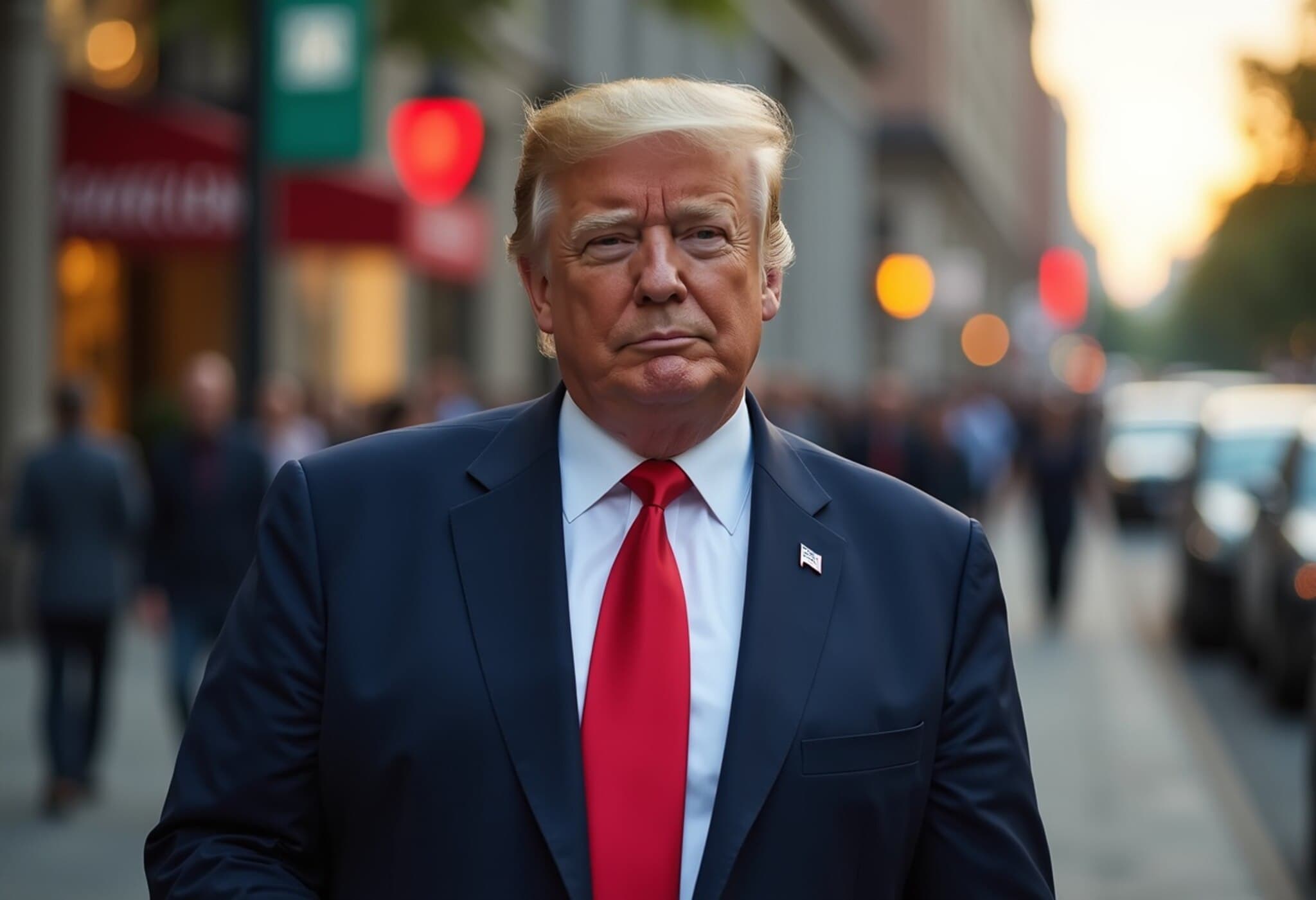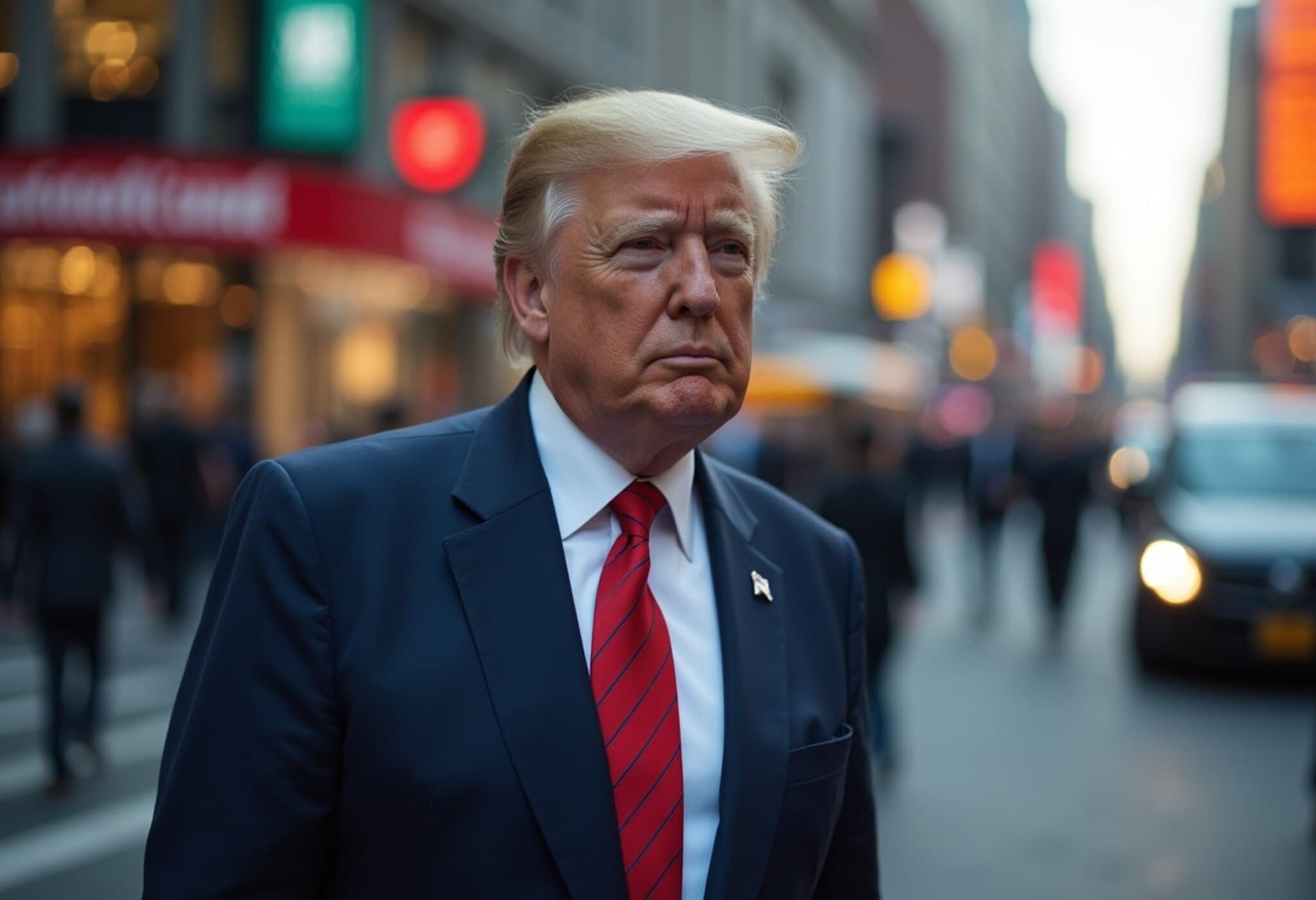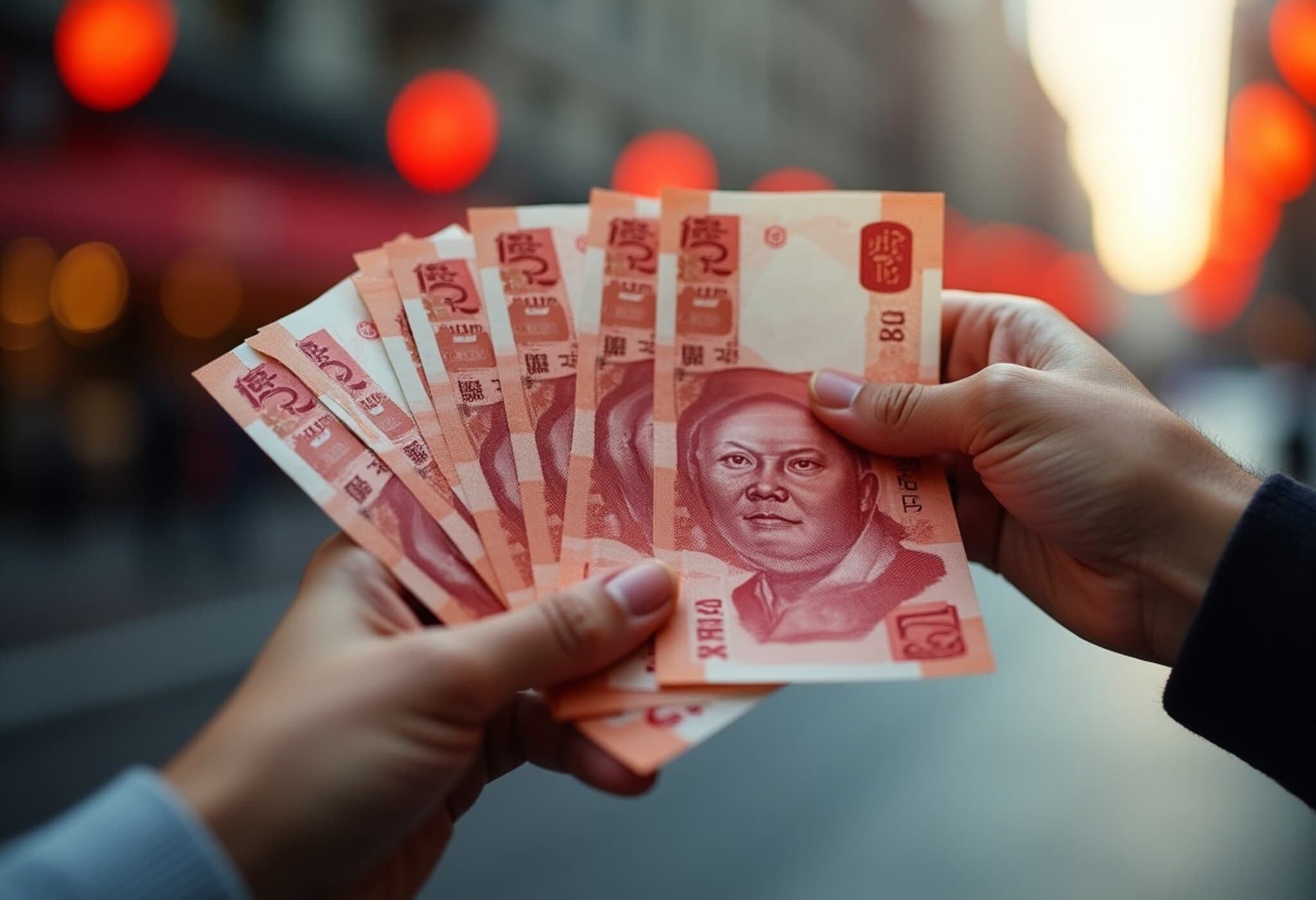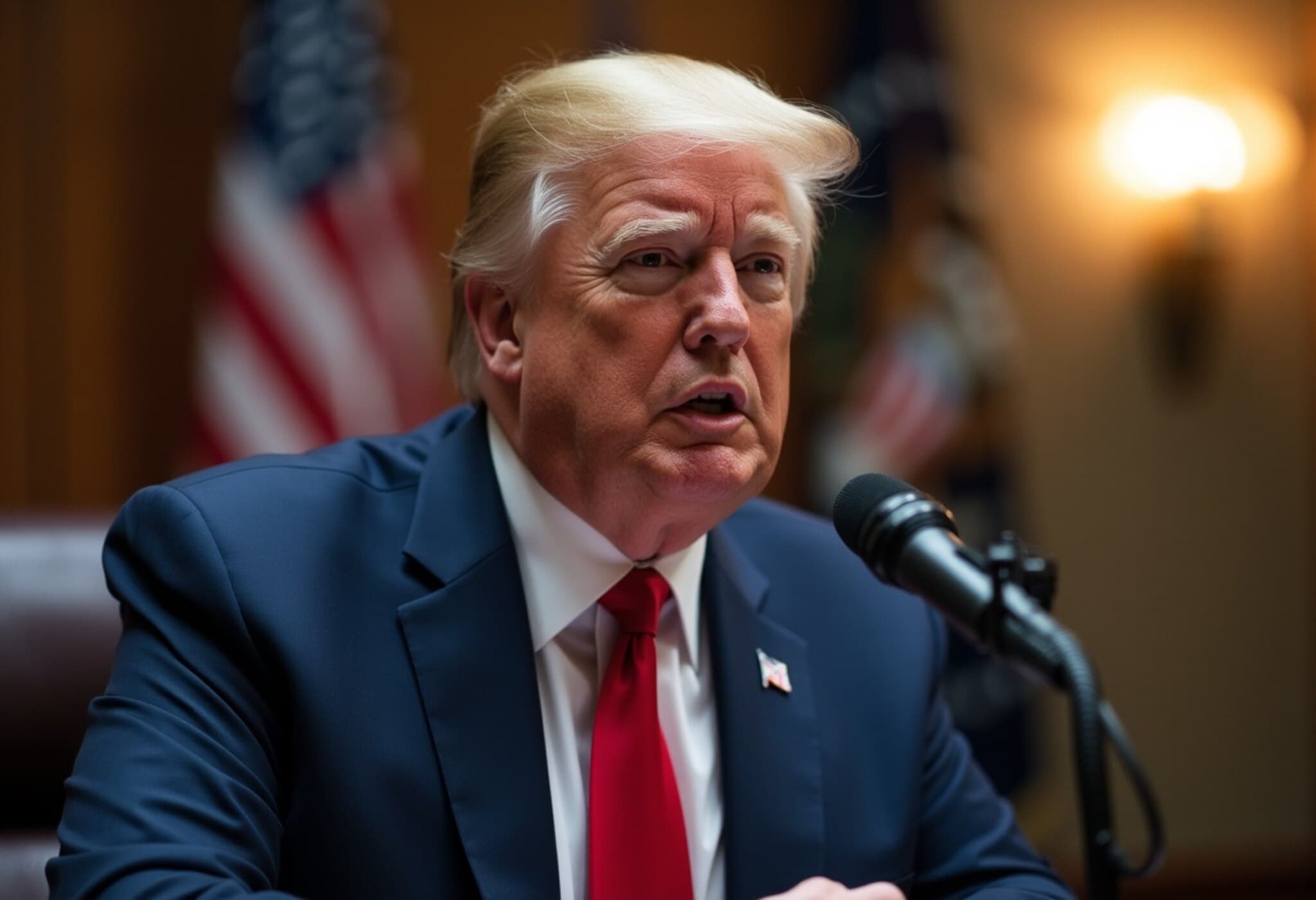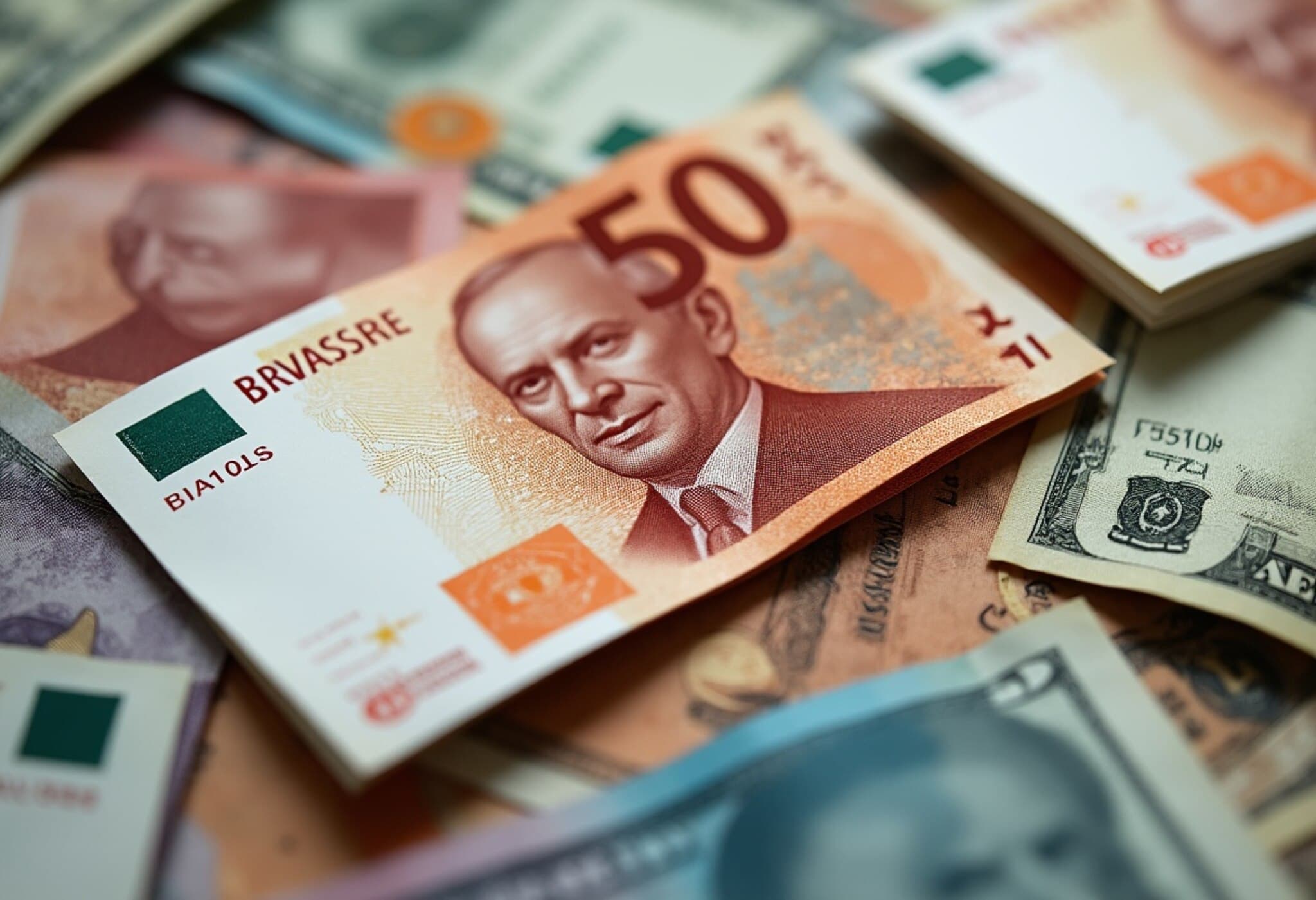Dollar Gains Momentum Following Breakthroughs in U.S. Trade Negotiations
The U.S. dollar edged higher against the euro and Japanese yen on Thursday, buoyed by encouraging developments in American trade talks with major global partners. These negotiations have injected renewed optimism into financial markets, easing fears of escalating trade tensions that have roiled global economies in recent years.
Japanese Yen Faces Political Uncertainty Despite Trade Deal Benefits
Shinichi Uchida, deputy governor of the Bank of Japan, highlighted that progress in the trade deal with Washington has significantly reduced economic uncertainties. His comments helped reignite hopes that the Federal Reserve could soon resume raising interest rates, a move likely to support dollar strength.
Yet, the Japanese yen remains vulnerable amid ongoing domestic political instability. Sunday's upper house elections have left a cloud of uncertainty, as Prime Minister Shigeru Ishiba is rumored to be contemplating resignation. This political flux could undermine investor confidence, affecting the yen's outlook.
EU Trade Tariffs and Market Reactions
Ahead of a near-final agreement imposing a 15% tariff on European Union goods entering the U.S., roughly matching economists' forecasts, risk-sensitive currencies like the Australian dollar rallied. The Australian dollar climbed to an eight-month peak of $0.661, reflecting increased market appetite for risk as concerns about a global trade war’s economic impact diminish.
The euro, by contrast, slipped by 0.2% to $1.175 after hitting a three-year high of $1.1830 earlier this month. Despite that dip, the euro remains resilient — supported by stable economic data from Germany, Europe’s largest economy, which shows continued modest growth in business activity through July.
Insights from Market Strategists
Mohit Kumar, an economist at Jefferies, offers a tempered perspective: "While trade tensions have so far made little mark on hard economic metrics, we expect volatility in risk assets to re-emerge by August, driven by anticipated slowdowns in U.S. employment data. The real impact of tariffs tends to unfold over a three-month horizon, so the fallout is still pending."
On the currency front, the dollar marginally rose to 146.57 yen, nudging upwards by 0.06%. Olivier Korber, forex strategist at Société Générale, anticipates the yen’s gradual appreciation, bolstered by the trade deal and the possibility of higher interest rates in Japan. He also notes that a stable political transition — potentially achieved if Ishiba resigns and a new party leader is installed by September — could help alleviate market jitters.
ECB Rate Decision and U.S. Political Dynamics
Attention also turns to the European Central Bank’s rate announcement later today. Consensus among analysts points toward no change in current rates, with markets speculating about a possible rate cut by year-end, perhaps as early as December.
Meanwhile, despite the Fed’s delicate position amid political pressures—underscored by President Donald Trump’s surprise visit to the central bank and ongoing criticisms of Fed Chair Jerome Powell—currency markets have remained largely unfazed. This suggests investor focus remains firmly on fundamentals like trade developments and economic data rather than political spectacle.
What This Means for Investors and Policymakers
This phase of U.S. trade diplomacy marks an important moment for the global economy. Reduced trade friction often translates into steadier currency pairings and diminished volatility in markets, offering breathing room for central banks navigating the challenging waters of inflation and growth uncertainty. Yet, the interplay between domestic political dynamics—especially in Japan—and international economic policies reminds us of the complex, interconnected risks that transcend pure economic data.
- Key takeaway: The dollar’s ascent reflects not only trade optimism but also shifts in central bank policies and geopolitical undercurrents.
- Watch closely: Upcoming U.S. employment reports and the ECB’s policy commentary could swiftly change market sentiment.
- Consider the risks: Political uncertainty in Japan and nuanced tariff impacts suggest that some volatility is likely on the horizon.
Editor’s Note
As global trade tensions experience moments of détente, it is critical to remember that trade deals often mask deeper economic vulnerabilities. The delayed impact of tariffs on manufacturing, supply chains, and consumer prices may yet reshape currency markets and economic trajectories. Meanwhile, the delicate balance of political developments—from Tokyo to Brussels—demonstrates that currency markets respond to more than just economic indicators. Investors and policymakers alike must stay vigilant, recognizing that beneath headline victories lie complex forces shaping the future of global finance.


